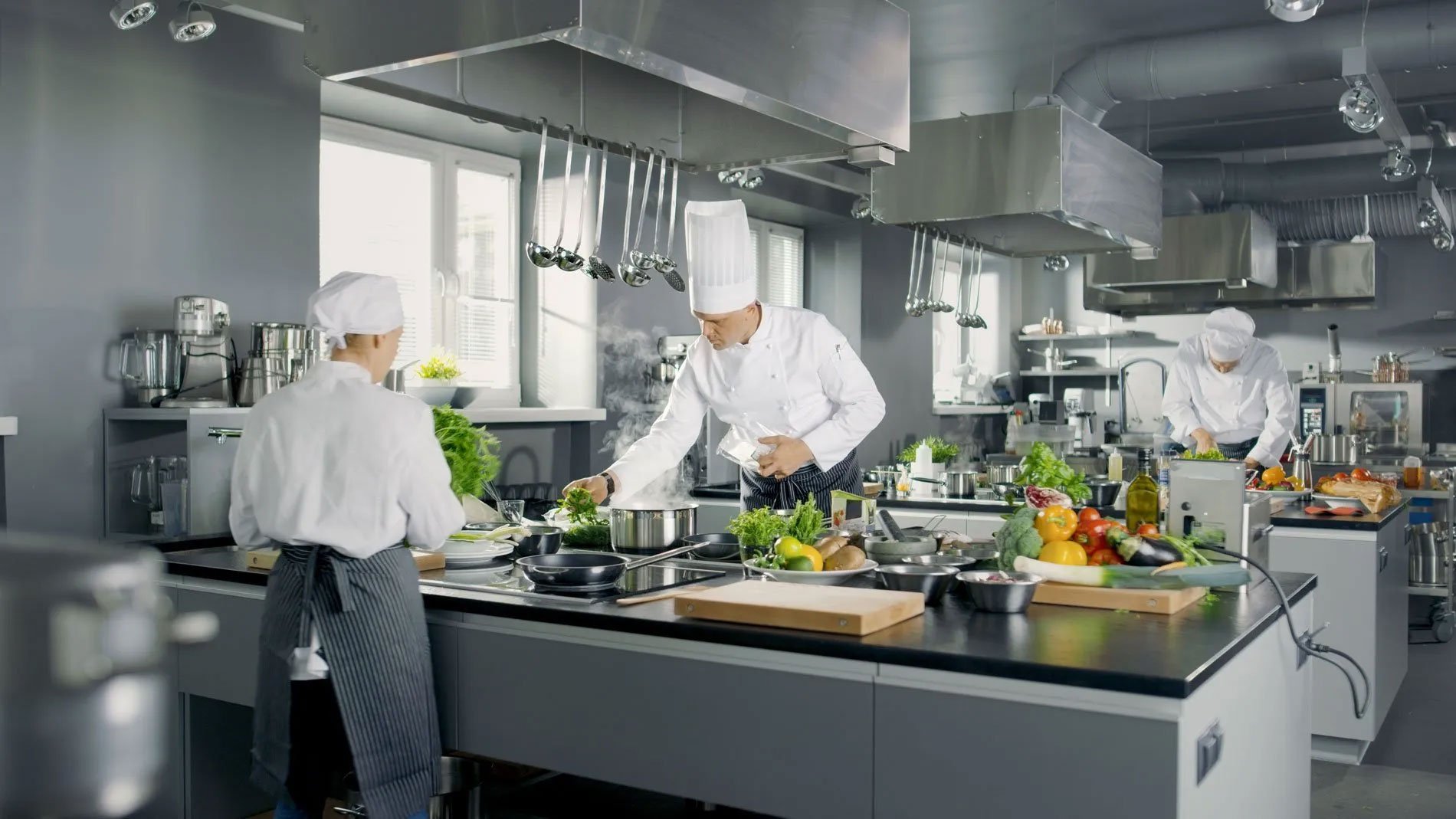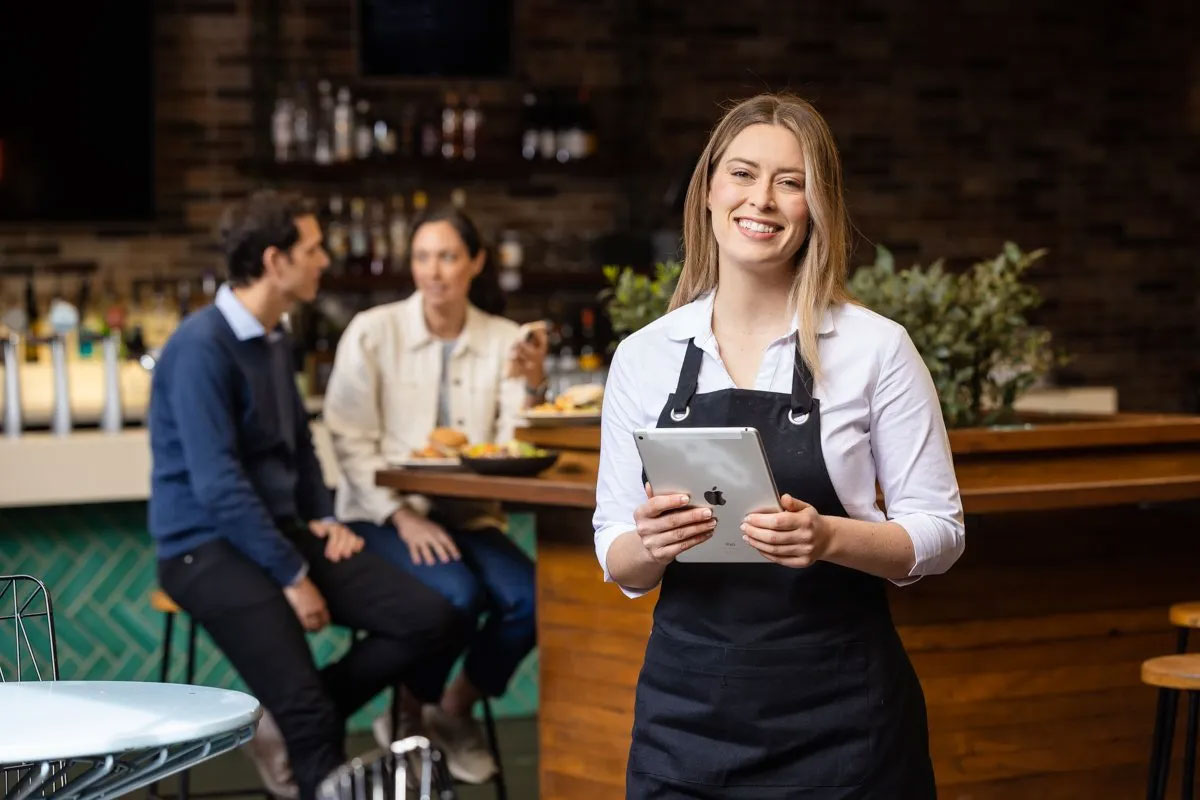The rise of the dark kitchen and virtual brands
Time for dinner - and Australians around the country open up a food ordering app, scroll their favourite cuisines and place an online order for...
2 min read
Louie Scarpari : 10/01/2023 3:46:55 PM

If you’re running a hospitality business - at least if it’s anything upwards of a lemonade stall - you’ll have some form of point of sale system. Whether it’s an electronic cash register, or more sophisticated hardware and software, you probably can’t run your business without a system that helps you with the basics. You’ll rely on your POS to take customers’ orders, look up the price, take payments and record and report on sales.
The limitations of POS
POS systems do a great job - but a limited job. Vital though those tasks are, your hospitality business is about so much more than taking orders and keeping track of cash.
So what is the next step if you want to manage more than orders, pricing and cash? What do you do when you want to keep a closer eye on other aspects of your business?
Perhaps you’ve already got to that stage and started using other systems to manage, say, your inventory, or your Uber Eats orders. But if they’re not integrated with your POS, they might create as much work as they save, with you double handling information in an effort to join the dots between different parts of your business.
If either of those scenarios sounds like you, then you’re ready to evolve. Evolve, that is, to a Hospitality IT Platform.
What is a Hospitality IT Platform?
A Hospitality IT platform differs from a POS in that it provides a complete management system for just about every aspect of your business - back and front of house, internal and customer facing, local and head office.
A POS core and more
It has POS at its core, because you always need those essential tasks, but it also offers other functions that combine to help you run every aspect of your business, including:
Integration
The other defining characteristic of a Hospitality IT platform is that all these elements are integrated. Each element communicates with the POS and with each other, to give you a complete top to tail view of your business. Online orders will flow through to update the inventory system; Pricing is managed centrally to be used by the store and your branded app; Loyalty information can feed into building promotional offers.
Your business is not a series of unrelated functions, it is an integrated whole, and a Hospitality IT platform allows you to manage it as one.
What are the benefits of a Hospitality IT platform?
By managing your business as a whole, a Hospitality IT platform offers so much more than technology - it truly becomes a platform for growth, giving you:
Are you ready?
If you’ve outgrown your simple POS, or are frustrated by trying to manage multiple systems, then you’re ready to evolve - to a Hospitality IT platform.
To talk more about evolving to a Hospitality IT platform, have a chat with one of the experts at Redcat.

Time for dinner - and Australians around the country open up a food ordering app, scroll their favourite cuisines and place an online order for...

‘Phygital’ is a word that you are probably seeing more and more frequently. It’s a blended word, from ‘physical’ and ‘digital’ and is all about the...

As we approach a new year, thoughts naturally turn to what lies ahead. Hospitality businesses move into 2023 with some pretty big challenges, but...